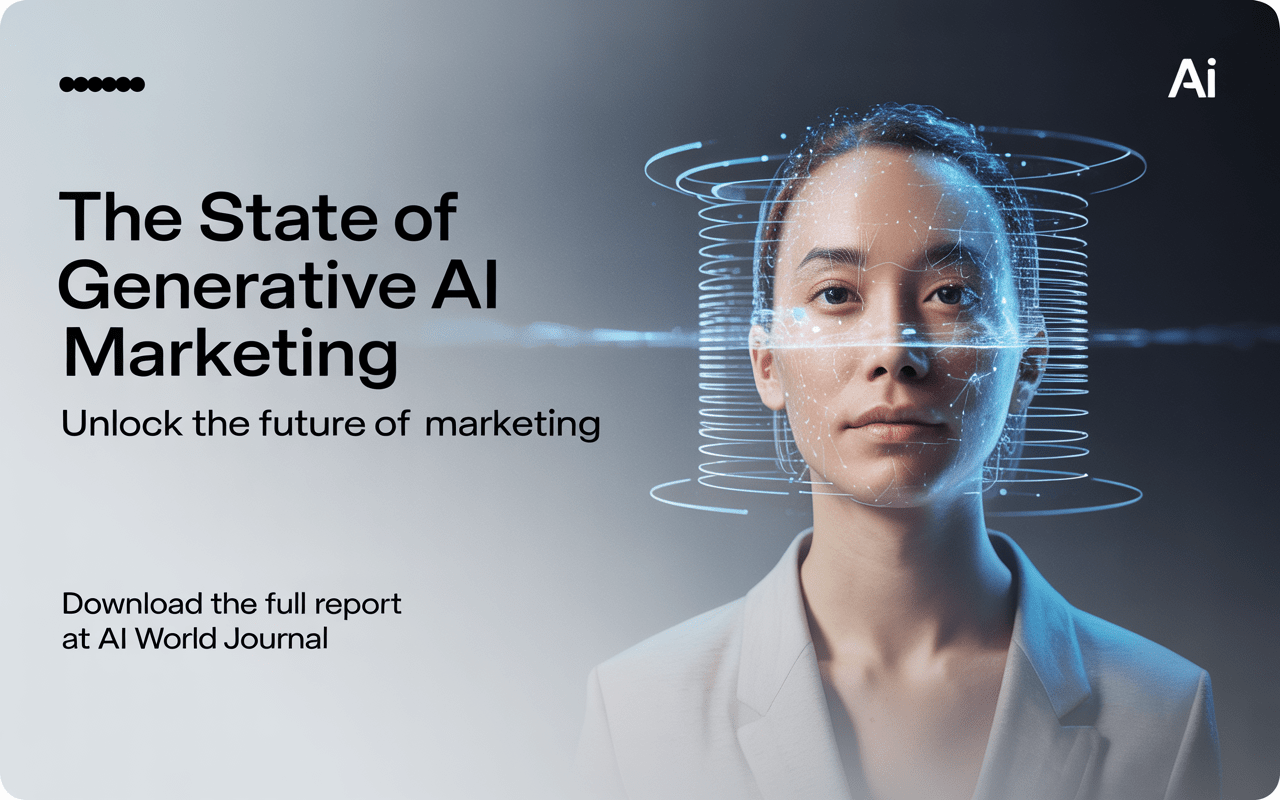
How AI tools and autonomous chatbots are transforming B2B precision and B2C personalization into the new standard for modern marketing.
Artificial Intelligence is no longer a futuristic concept in marketing—it is the operating reality. Across industries, brands are turning to AI not just for efficiency, but for intelligence, personalization, and scale. From business-to-business (B2B) demand generation to consumer-facing (B2C) engagement, the way companies market, sell, and support their audiences is undergoing a profound shift.
At the heart of this transformation are AI-powered tools and autonomous chatbots—systems that can understand intent, personalize interactions, and even make decisions without direct human oversight. The impact has been dramatic, enabling organizations to cut costs, accelerate customer journeys, and deliver experiences that would have been impossible just a few years ago.
Beyond their conversational capabilities, autonomous chatbots are becoming even more powerful through integration with commerce and payment platforms. When connected to systems like Shopify, they can guide a customer from product discovery to checkout in a single chat window. With integrations to payment providers such as PayPal or Stripe, bots don’t just recommend or support—they can also process transactions securely and instantly. This seamless handoff between engagement and purchase is blurring the lines between marketing, sales, and customer support, making chatbots not only the first point of contact but also the last step before revenue.
AI in B2B Marketing: Precision at Scale
B2B marketing has always been about relationships, relevance, and timing. With complex buying cycles and multiple stakeholders, selling into businesses is a different challenge than engaging with consumers. This is where AI has become indispensable.
Key Applications in B2B
-
Predictive Lead Scoring: AI tools analyze historical deal data, firmographics, and buyer behaviors to rank prospects by likelihood to convert.
-
Account-Based Marketing (ABM): By integrating AI with CRM and marketing platforms, companies can deliver highly targeted campaigns tailored to specific decision-makers within key accounts.
-
Content Personalization: LLM-powered engines create dynamic proposals, emails, and product sheets customized to a prospect’s industry, pain points, and role.
-
Sales Enablement: Autonomous chatbots support sales teams by gathering prospect information, qualifying leads, and even scheduling demos—freeing human reps to focus on closing.
For example, an enterprise software company can orchestrate an AI workflow where a chatbot nurtures leads, an AI engine scores them, and a personalized content generator tailors case studies for each vertical. The result is faster pipeline velocity and higher win rates.
AI in B2C Marketing: Hyper-Personalized Experiences
On the B2C side, marketing is about scale, immediacy, and emotional connection. Millions of consumers expect instant support, personalized recommendations, and frictionless purchasing journeys. AI enables brands to meet these expectations.
Key Applications in B2C
-
Personalized Product Recommendations: AI analyzes purchase history, browsing behavior, and demographic data to suggest products—driving upsells and cross-sells.
-
Dynamic Pricing: Algorithms adjust prices in real time based on demand, competition, and consumer behavior.
-
Autonomous Chatbots: These bots act as round-the-clock digital assistants, handling FAQs, processing returns, and even upselling during conversations.
-
Sentiment Analysis: AI tools monitor social media and customer feedback to gauge brand sentiment and trigger proactive engagement.
Consider a fashion retailer: an autonomous chatbot can help a customer choose an outfit based on past purchases, answer questions about shipping, and even apply personalized discounts—all within a single conversation. The result is higher conversion rates and stronger brand loyalty.
Autonomous Chatbots: The New Frontline of Engagement
While AI tools power the back end of marketing, autonomous chatbots are becoming the customer-facing expression of AI. Unlike the early generation of scripted bots, today’s chatbots are built on generative AI and multi-agent orchestration, enabling them to handle open-ended queries, learn from context, and operate with minimal human supervision.
What Makes Autonomous Chatbots Different?
-
Contextual Understanding: They remember past interactions and use that knowledge to personalize future conversations.
-
Task Automation: They don’t just respond—they act. Chatbots can process orders, schedule appointments, or escalate issues.
-
Multi-Channel Presence: From websites to WhatsApp to LinkedIn, autonomous bots create consistent experiences across channels.
-
Continuous Learning: Integrated with analytics, they evolve as they engage more customers.
This makes them ideal for both B2B and B2C: nurturing leads in enterprise sales cycles, or managing thousands of simultaneous consumer queries during peak shopping seasons.
Challenges and Considerations
As powerful as AI marketing tools and chatbots have become, adoption is not without hurdles:
-
Data Privacy: AI-driven personalization depends on sensitive customer data, raising compliance and trust concerns.
-
Over-Automation: Too much reliance on bots can make experiences feel robotic, alienating customers instead of engaging them.
-
Integration Complexity: AI tools must connect seamlessly with CRMs, ERPs, and analytics platforms to deliver real value.
-
Transparency and Trust: Customers need clarity when they are speaking to a bot, and businesses need oversight to ensure ethical use.
The Road Ahead: From Tools to Agent Ecosystems
The next stage in marketing will be defined not just by AI tools or standalone bots, but by agentic orchestration—coordinated systems of specialized AI agents working together. Imagine a marketing ecosystem where one agent analyzes audience data, another designs personalized content, a third runs experiments, and a chatbot engages customers in real time—all orchestrated seamlessly.
Platforms like 101AIAgent.com are already exploring this frontier, showing how multiple agents can collaborate to deliver outcomes greater than the sum of their parts.
AI is no longer optional in marketing—it is the competitive edge. In B2B, AI enables precision targeting and account-based strategies that shorten sales cycles and increase conversion rates. In B2C, it powers hyper-personalized experiences that engage consumers at scale, from tailored product recommendations to real-time support via autonomous chatbots.
This article is published by AI World Journal Media, in collaboration with 101AIAgent.com, © 2025. All rights reserved.
You might enjoy listening to AI World Deep Dive Podcast:
#State #Generative #Tools #Chatbots #Transforming #B2B #B2C #Marketing
